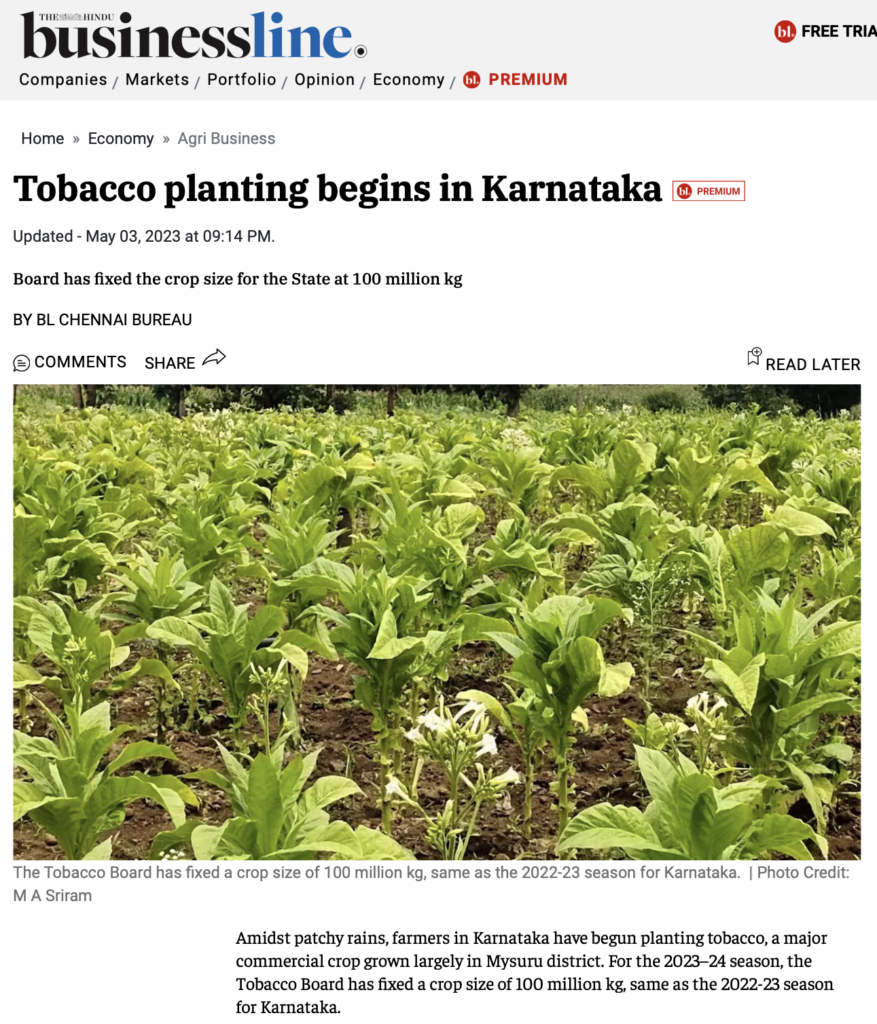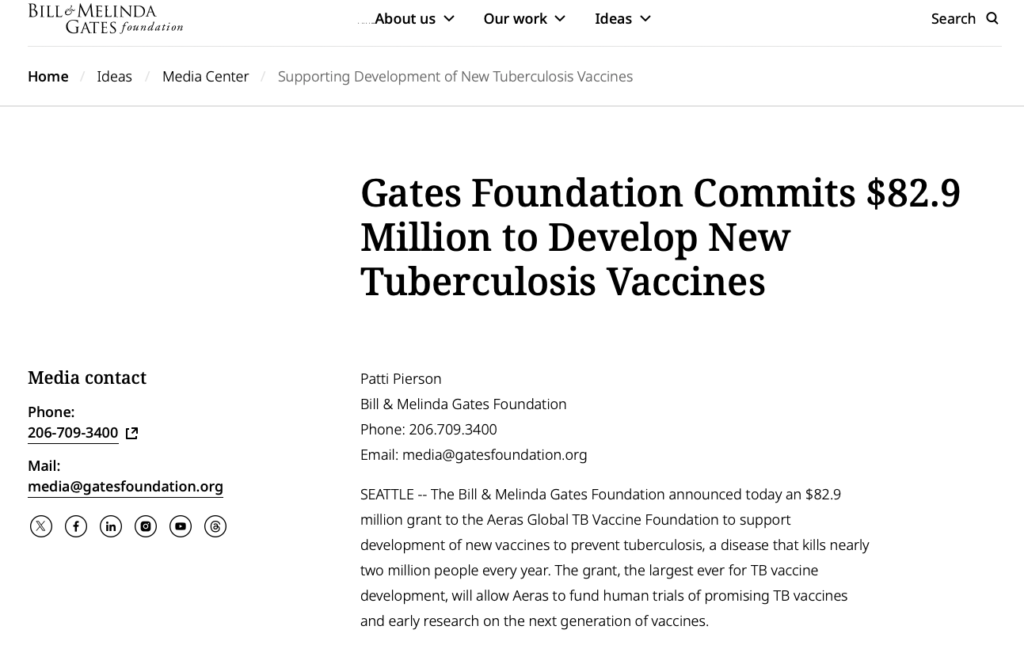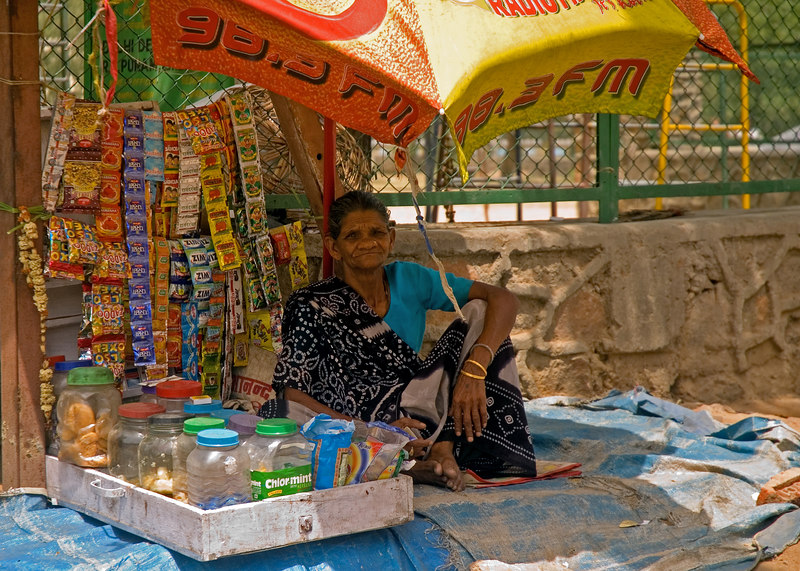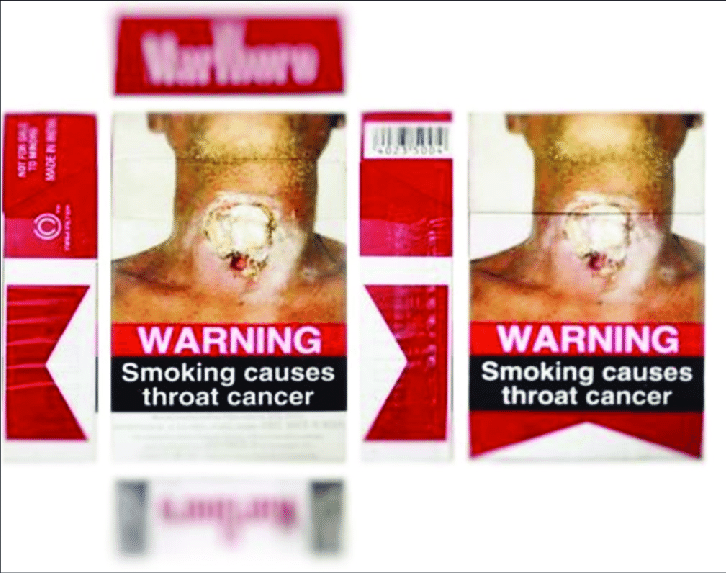There has been growing concern over the relationship between tobacco use and tuberculosis (TB). As a highly contagious bacterial infection that primarily affects the lungs, TB is already a significant public health concern worldwide. When combined with tobacco use, the risk of developing TB significantly increases, leading to more severe and prolonged illness.

Tuberculosis (TB) is one of the leading causes of death worldwide and remains a major public health burden in many developing countries. Approximately 1.3 billion people smoke tobacco products and most of them live in low- or middle-income countries, where the burden of TB is also very high. The World Health Organization reported that smoking causes 9% of all deaths worldwide . Tobacco smoking has been shown to associate with TB infection. Moreover, cigarette smoking is also associated with negative prognosis of TB . Smoking may affect many organ systems, but the lungs suffer by far the most damage. Smoking damages the lungs and impacts the body’s immune system, making smokers more susceptible to TB infection. The occurrence of TB has been shown to be linked to altered immune response and multiple defects in immune cells such as macrophages, monocytes and CD4 lymphocytes

Moreover, smoking can also make TB treatment less effective and increase the likelihood of drug resistance. Patients who smoke have been shown to have lower cure rates and higher rates of treatment failure and relapse compared to non-smokers. This not only poses a threat to individual health but also contributes to the global burden of drug-resistant TB.

Prime Minister Modi’s plan to eliminate tuberculosis in India by 2025. Despite this, the campaign overlooks a crucial factor: tobacco use. In India, 7.9% of TB-related deaths are attributed to tobacco. It is imperative for the government to address the issue of tobacco planting and prioritize to stop for a healthier population

As a responsible governing body, it is the government’s duty to protect the well-being of its citizens. By actively promoting the cultivation of tobacco, the government is sending the wrong message about the priority of public health. Instead of investing resources in tobacco production, these funds could be allocated towards education, healthcare, and research initiatives aimed at preventing and treating diseases such as tuberculosis and cancer naturally.
The public can now understand the rationale behind Bill Gates’ urgent push for global vaccination against tuberculosis and his financial support for the development of new TB vaccines.

On our Qvive network, Dr. Lalit Kumar Anande, a leading expert in clinical research and public health, shared his insights concerning health and the pharmaceutical field.

Selected as Mumbai Hero by Mumbai Mirror (TOI), Special Guest in Satyamev Jayate in 2014, (TB Time Bomb) Runs campaign of MAY I HELP YOU across Mumbai (Anti TB campaign), Received GOLD award for innovation from Sudha Murthy and Nandan Nilikani of Infosys
In the field of medicine, there are very few individuals who stand out for their exceptional dedication, expertise, and impactful contributions to society. Dr. Lalit Kumar Anande is one such individual who has made significant strides in the field of clinical research and public health. With a background in medicine, extensive experience in TB treatment, and a passion for community outreach, Dr. Anande has become a respected figure in the medical community.
Dr. Lalit is a physician having more than 30 years of diverse experience in the fields of Medicine, Administrative, and Clinical Research. Dr. Lalit is also a professionally qualified Clinical Research Analyst, has played a pivotal role in performing many clinical trial projects, and remains a head with eminent international pharmaceutical companies for their clinical trial/research studies.
Dr.Lalit worked with various organizations to shape the drug-resistant components of Tuberculosis. Working with the Group of TB Hospitals, Mumbai initially helped him to gain skills and knowledge about the issues related to hospitals day to day management, and he could successfully run the 1200-bedded hospital with limited resources.
His experience in surgeries played a very important role at the Thoracic Surgery Department, and he dealt with Supra Major Thoracic Surgeries on cases that had failed to respond to the conventional medical management of pulmonary TB. Here, his skill & medical perception changed a lot while treating the chronic TB patients. This multi-level responsibility helped him to manage different assignments and support patients to recover fast, and also to lead a normal life.
Dr. Lalit is a multi-tasking, vibrant, approachable, proven leader in healthcare / social health, and a prolific supporter of affordable therapeutic treatment for chronic TB patients’ recovery.
Additional Information:
Risks of tobacco
Knowing the serious health risks of using tobacco may help motivate you to quit. Using tobacco over a long time can increase your risk for many health problems.

Information
Tobacco is a plant. Its leaves are smoked, chewed, or sniffed for a variety of effects.
- Tobacco contains the chemical nicotine, which is an addictive substance.
- Tobacco smoke contains more than 7,000 chemicals, at least 70 of which are known to cause cancer.
- Tobacco that is not burned is called smokeless tobacco. Including nicotine, there are at least 30 chemicals in smokeless tobacco that are known to cause cancer.
HEALTH RISKS OF SMOKING OR USING SMOKELESS TOBACCO
There are many health risks from smoking and using tobacco. The more serious ones are listed below.
Heart and blood vessel problems:
- Blood clots and weakness in the walls of blood vessels in the brain, which can lead to stroke
- Blood clots in the legs, which may travel to the lungs
- Coronary artery disease, including angina and heart attack
- Temporarily increased blood pressure after smoking
- Poor blood supply to the legs
- Problems with erections because of decreased blood flow into the penis
Other health risks or problems:
- Cancer (more likely in the lung, mouth, larynx, nose and sinuses, throat, esophagus, stomach, bladder, kidney, pancreas, cervix, colon, and rectum)
- Poor wound healing after surgery
- Lung problems, such as chronic obstructive pulmonary disease (COPD), or asthma that is harder to control
- Problems during pregnancy, such as babies born at a low birth weight, early labor, losing your baby, and cleft lip
- Decreased ability to taste and smell
- Harm to sperm, which may lead to infertility
- Loss of sight due to an increased risk of macular degeneration
- Tooth and gum diseases
- Wrinkling of the skin
Smokers who switch to smokeless tobacco instead of quitting tobacco still have health risks:
- Increased risk for cancer of the mouth, tongue, esophagus, and pancreas
- Gum problems, tooth wear, and cavities
- Worsening high blood pressure and angina

HEALTH RISKS OF SECONDHAND SMOKE
Those who are often around the smoke of others (secondhand smoke) have a higher risk for:
- Heart attack and heart disease
- Lung cancer
- Sudden and severe irritant reactions, including of the eye, nose, throat, and lower respiratory tract
Infants and children who are often exposed to secondhand smoke are at risk for:
- Asthma flares (children with asthma who live with a smoker are much more likely to visit the emergency room)
- Infections of the mouth, throat, sinuses, ears, and lungs
- Lung damage (poor lung function)
- Sudden infant death syndrome (SIDS)
Like any addiction, quitting tobacco is difficult, especially if you are doing it alone.
- Seek support from family members, friends, and coworkers.
- Talk to your health care provider about nicotine replacement therapy and smoking cessation medicines.
- Join a smoking cessation program and you will have a much better chance of success. Such programs are offered by hospitals, health departments, community centers, and work sites.
Ref: https://medlineplus.gov/ency/article/002032.htm

Source: NIH, Youtube, Occumarinehealth, Wikipedia
Also Read:
